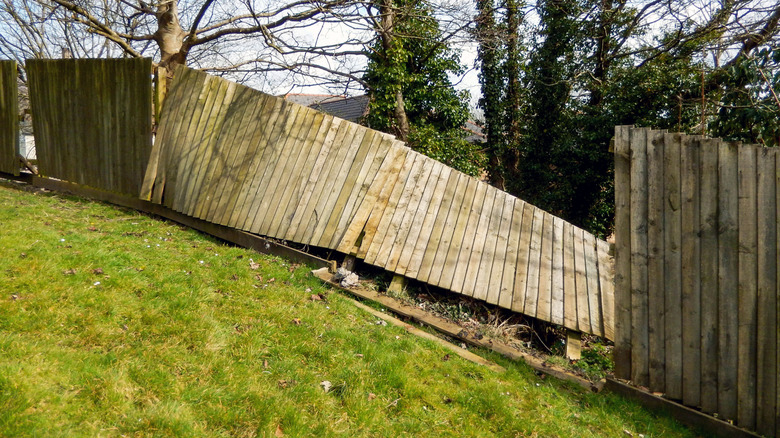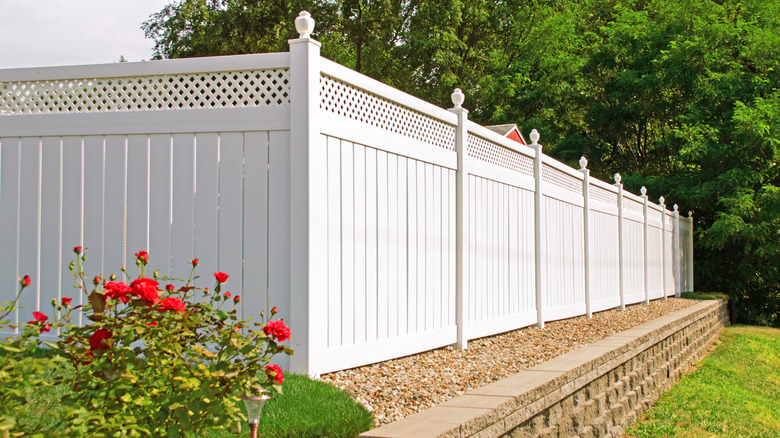Which Fence Material Is Strongest In Heavy Wind?
When you're considering a new fence installation, you are likely focused on the size, style, and material. Whether these are made with metal, wood, or vinyl, there are certainly a lot of options on the market. Weather elements are another crucial consideration, especially unexpected high-wind conditions. No fence can be fully guaranteed to stand up in all situations with high winds, such as those caused by severe storms, tornadoes, and hurricanes. Still, there are some fences that may have a better chance than others. As a rule of thumb, metal-constructed chain link fences tend to withstand high wind events best, but you may also be able to strengthen other types of fence materials to some degree as well.
Chain link fences are made with either aluminum or steel. While they don't offer privacy like other styles of fencing, they do have an edge over other materials in terms of wind resistance. A solid metal fence can stand up to high wind gusts, but may still sustain damage. A metal chain link fence, on the other hand, may further be able to withstand high winds from storms because of the holes that allow the winds to go through them, rather than directly up against them. If high winds are frequent in your region, you may consider installing a budget-friendly chain link fence. This may be the best fence option for this purpose, and might also save you from having to replace damaged fencing time and again.
How wood and vinyl fences may stand up against high winds
The downside to metal chain link fencing is its lack of aesthetic appeal. This is why many homeowners tend to install other styles of fencing constructed with alternative materials, such as different types of wooden fences or vinyl versions. Unfortunately, when it comes to high wind gusts, privacy-style wood fences are often among the first to get damaged. If you are set on having this type of fence, though, make sure you use concrete and brackets to help secure all of the posts and strengthen the overall structure. A better alternative is a wood picket fence, which has spaces that can allow high winds to blow between them.
Homeowners who want privacy and everyday durability in their fence might also consider installing a vinyl fence. These are especially beneficial for minimal everyday wear-and-tear associated with pets and children, and the synthetic material is resistant to damage from termites, carpenter bees, and other insects. While vinyl fences can withstand scratches and wayward soccer balls kicked at them, they may not fully stand up against winds. A solid vinyl fence may be stronger than a wooden privacy fence, but strong wind gusts can still warp some of the sections and will require replacement. Other considerations are the cost and lack of biodegradability. Vinyl fencing can cost a bit more up front compared with wood versions, but it may be the second-best option against wind overall.

